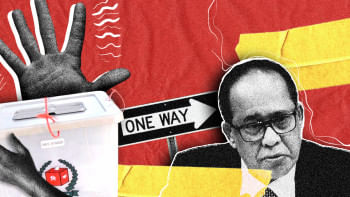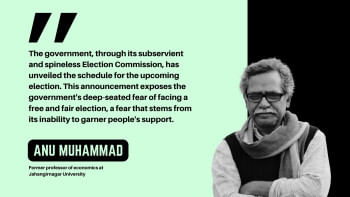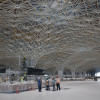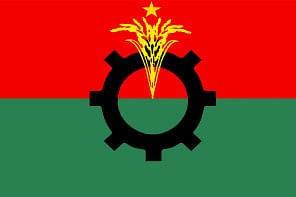Right to fair trials extends to BNP, too

It must be a milestone of some sort that our courts—known for heavy case backlog, lengthy trials, and generally low convictions—have been resolving cases at a rapid pace of late. According to a report by this daily, 112 leaders and activists of BNP and its front organisations were sentenced in five cases in Dhaka and Rangpur on Monday. There have been similar convictions in recent days, but Monday's figure was the highest in a single day, according to defence lawyers. These cases were filed between May 2013 and September 2018 over torching of vehicles, vandalism, assaulting police, and preventing law enforcers from discharging their duties.
Over the last two months, according to an estimate by Prothom Alo, some 265 BNP leaders and activists were sentenced to various jail terms by Dhaka courts alone.
So how is Bangladesh suddenly threading the judicial needle so successfully?
Looking at the way spurious cases are being revived and sped through the trial process, it is safe to assume that questionable jobs by the state prosecutors and investigators are causing embarrassment or problem for the judiciary. Reportedly, among the convicts handed out punishment on Monday are one who died in 2020, in a development that his brother termed "a ghost conviction in a ghost case", as well as two others who have been missing for years. This clearly indicates that the case documents were never updated by the investigating officers and prosecution before appearing before the court.
The fact is, we have been complaining about the politicisation of our legal institutions for years. This is not the first time that dead individuals were framed or "punished" in such cases, nor is the swiftness with which a judgement has been arrived at particularly unfamiliar. In the days before and after BNP's October 28 rally—where the party reiterated its demand for the resignation of the government for the sake of a fair election—the legal process has again been put into overdrive, with an estimated 10,000 or so BNP men arrested since supplying necessary fodder. We have seen how trials were rushed by extending court hours till about 8-8:30pm, and how sparingly those arrested, including central leaders, were granted bail, thus indefinitely extending their pre-trial detentions. By contrast, ruling party men trying to thwart BNP's movement were all but given indemnity against prosecution or even detention for any crime.
We insist on ensuring that the judiciary functions independently of any political interference. A free judiciary is in the best interest of the nation in the run-up to the upcoming general election, which must be fair, credible and participatory. Taking BNP-Jamaat men off the streets through questionable manoeuvres not only helps weaken their movement, but also makes their likely participation in the election quite difficult. We, therefore, urge the authorities to ensure that it doesn't happen. Let the judiciary be fully independent.


 For all latest news, follow The Daily Star's Google News channel.
For all latest news, follow The Daily Star's Google News channel. 











Comments